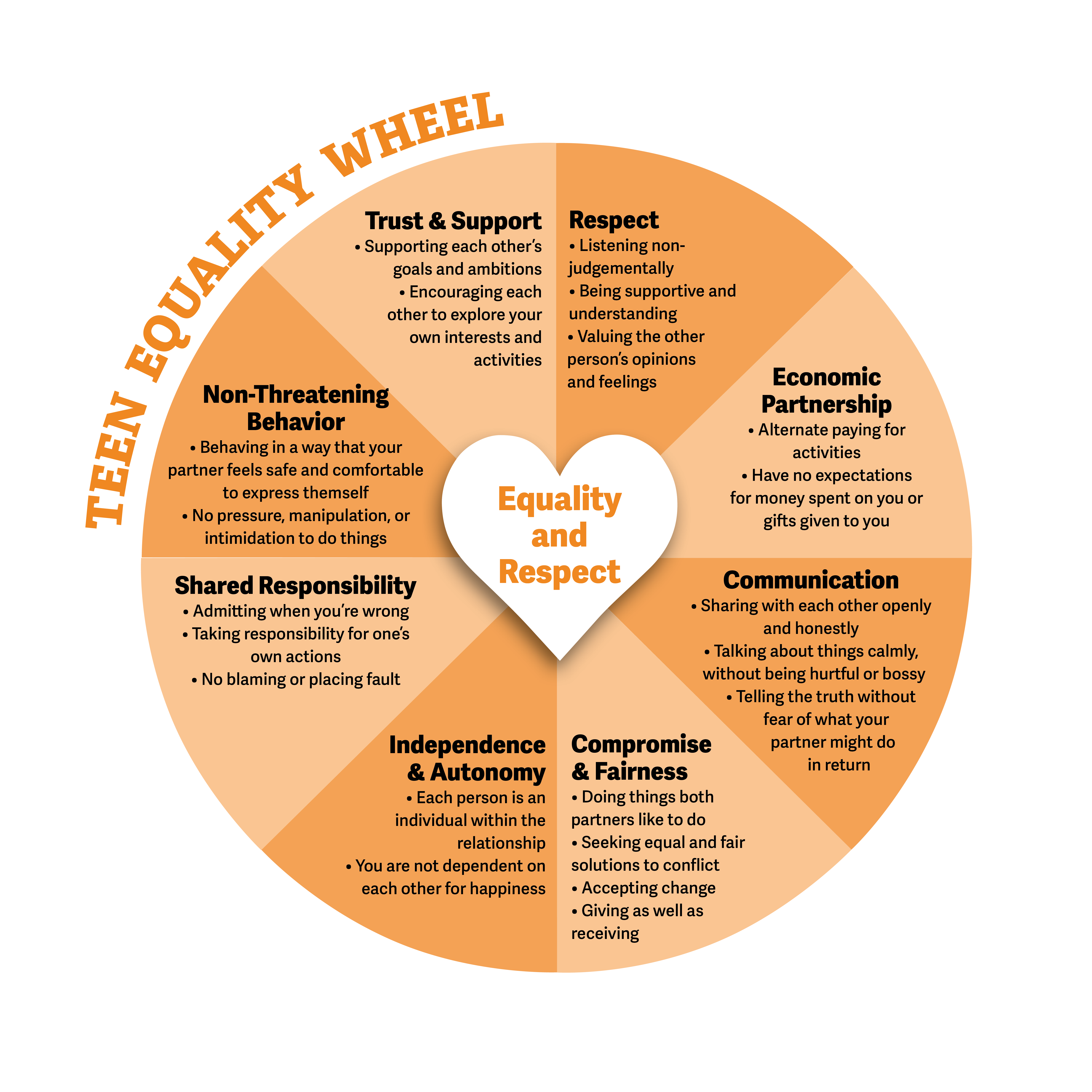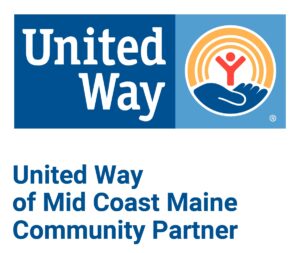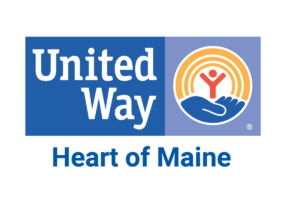What is dating abuse?
Dating abuse or teen dating violence is a pattern of behavior used by a teenage partner to control and cause fear in their partner. This behavior can hurt, manipulate, blame, or injure the teenage victim/survivor. Teen dating abuse can consist of various forms of abuse, such as physical, emotional, and sexual abuse, occuring within the dating relationships of young people from ages 12-18.
Does your partner?
- Demand to know your passwords in order to monitor your social media activity?
- Express dislike for your friends and disapproval when you hang out with them?
- Call you hurtful and derogatory names?
- Pressure you into sexual activity you don’t want to do?
- Cause physical damage to property around you?
- Cause you physical harm (hit, slap, kick, punch, hair pulling, etc.)?
These are all signs of abusive behavior, and it is not your fault that you are experiencing them. Many victims/survivors of teen dating abuse will blame themselves for the abuse, but the only person responsible for abusive behavior is the abuser. If you think you are experiencing dating abuse, New Hope Midcoast is here to provide free, non-judgemental support to you. Our helpline is available 24/7 to provide teens with emotional support, information, and access to resources.
All advocates at New Hope Midcoast are mandated reporters, which means that advocates are required by law to report abuse or neglect of anyone under the age of 18.
When teens call New Hope Midcoast, advocates are able to talk more with them about what our mandated reporting looks like and teens will always have a choice if they would like to disclose their experiences with abuse to an advocate or not.
What if I know of or suspect that my friend is being abused by their teenage partner?
If you know of or suspect that your teenage friend is being abused by their teen partner, it is important to create a supportive and non-judgemental space for your friend to share anything they may be ready to share with you about their relationship. Confronting your friend about the known or suspected abuse may cause your friend to become defensive about their relationship and they may no longer consider you an individual they can trust and seek support from. Your friend may have strong feelings for their teen partner who is abusing them and they may not be ready to leave the relationship. If your friend does disclose the abuse they have been experiencing to you, it is important to:
- Thank them for sharing their experiences with you.
- Acknowledge how hard it might have been for them to tell you that.
- Let them know that the abuse wasn’t their fault.
- Express how much you care about them and how much you want them to feel safe.
- Discuss any methods of safety planning you and your friend both feel comfortable with, such as walking your friend between classes, establishing a safety word your friend can text you if they feel unsafe with their partner, etc.
- Offer New Hope Midcoast’s helpline number if they would like to seek more support and resources.
You deserve to feel safe, respected, and loved within your relationship.
If you don’t feel safe or respected in your relationship, you can call our helpline anytime to speak to an advocate who will provide you with free non-judgmental support with no pressure to make a decision about your relationship. New Hope Midcoast can also provide one-on-one support, legal advocacy, child protective services advocacy, and referrals to other community resources.
A safe and respectful teen relationship involves all partners experiencing equality as it is outlined on the Teen Equality Wheel:

National Chat Service
24/7. Free. Confidential.
Provided by thehotline.org
*Chat will redirect you to thehotline.org
1 "1 in 3 teenagers have experienced some form of teen dating abuse" | DoSomething.org. dosomething.org/us. Accessed 28 Oct. 2022.
2 “33% of These Teenagers Tell Someone About the Abuse.” Love Is Respect, 17 Oct. 2022, www.loveisrespect.org.
New Hope Midcoast Locations
We offer 3 onsite locations serving Sagadahoc, Lincoln, Knox, and Waldo counties in Maine.
MAILING ADDRESS FOR ALL OFFICES:
New Hope Midcoast
P.O. Box A, Rockland, Maine 04841
24/7 Helpline Midcoast Maine 1-800-522-3304
24/7 Statewide Helpline
1-866-834-4357


